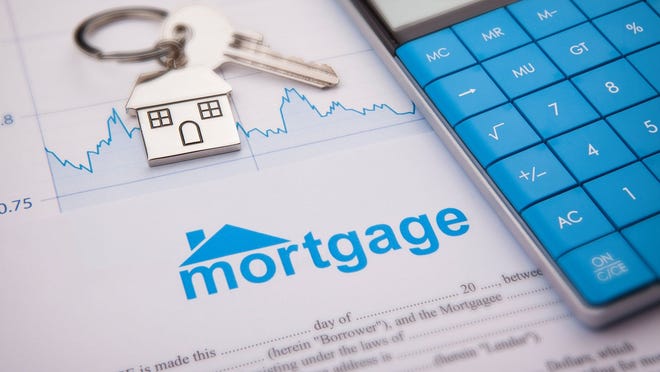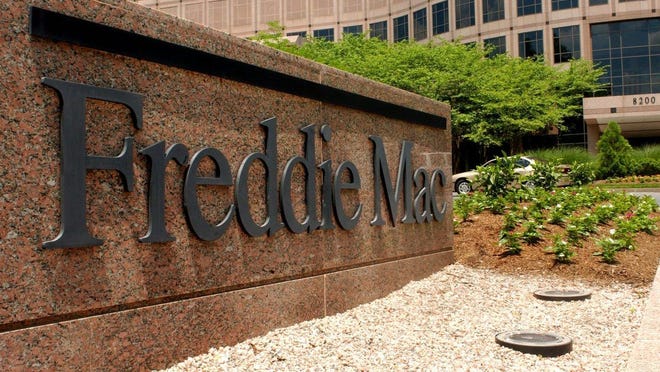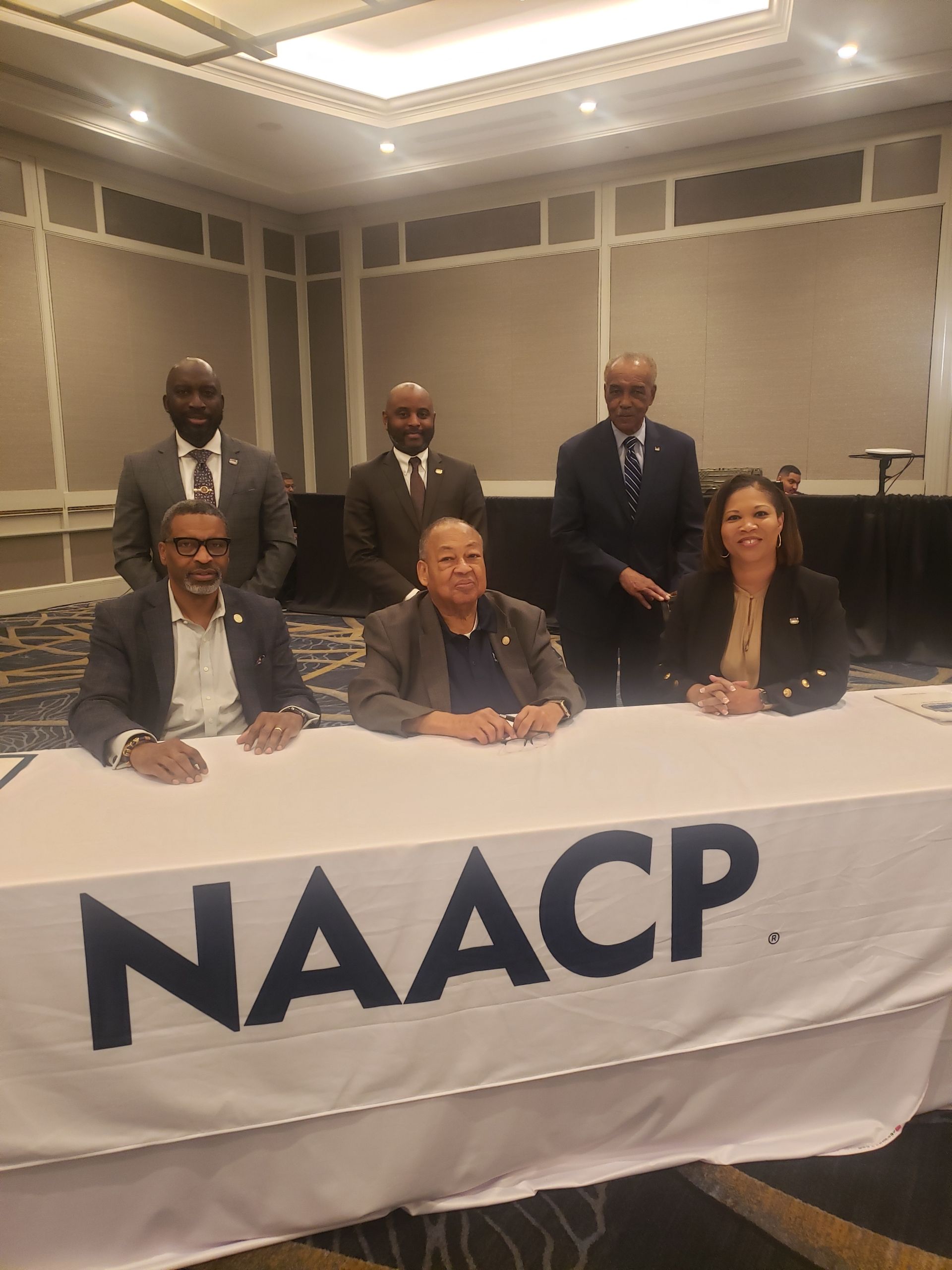Homeowners hurt by COVID-19 can delay mortgage payments, but some say they’re anxious and confused about the real cost
Americans struggling to pay their mortgages because they’ve lost a job or income during the coronavirus pandemic can put off that bill for up to a year due to the CARES Act. But while the measures should be creating a feeling of relief, many borrowers have been left anxious because of confusing messages from the government and banks.
Some homeowners say Wells Fargo, Bank of America and Chase have told them they have to repay those postponed payments – known as forbearance – in a lump sum once three months are up. It’s an unexpected demand they fear could put them deeper in debt as millions are laid off and watching their retirement savings plunge with the stock market.
Anthony Adams is one of the uneasy Americans who is confused and worried about the rules. He is late on his mortgage payment to Wells Fargo after the coronavirus pandemic crimped sales at his family’s bakery in Orlando, Florida, forcing him out of a job.

Wells Fargo offered Adams a 90-day deferment on his mortgage, which is backed by the U.S. Department of Veterans Affairs, but the 49-year-old was surprised when Wells Fargo told him he’d still owe three months’ worth of payments – plus the current month – once that forbearance period was up. Adams declines to say what his payments are.
“I feel like I’m in this odd Catch-22,” Adams says. “I can get some immediate relief from postponing a mortgage payment, but the cost of that relief will put me further into debt.”
Why the surprise? It’s a combination of evolving, sometimes conflicting rules depending on who owns the mortgage and many borrowers not understanding those rules.
Experts are concerned about how this will play out for borrowers over the coming months, even after the recently enacted relief package from Congress, called the CARES Act, which allows many people to delay their mortgage payments for up to a year.
“The problem with the CARES Act is that it doesn’t make clear how borrowers pay back the money during a forbearance period,” says Shamus Roller, executive director at National Housing Law Project, a nonprofit legal advocacy center.
“There’s a chance that something could go wrong in that process,” he says, “and it requires a lot of interacting with servicers that are overburdened with calls.”

Wells Fargo, Bank of America and Chase consistently allow borrowers of mortgages that they own to tack suspended payments on the back end of the loan. If the bank doesn’t own the mortgage and acts as a servicer, collecting principal, interest and escrow payments for a loan backed by Fannie Mae, Freddie Mac, the Federal Housing Administration or the Department of Veterans Affairs, all the payments are due after 90 days, borrowers have been told.
Adams says he doesn’t know what programs Wells Fargo will offer by the time he reaches day 91, and that makes him anxious because he fears slipping into foreclosure at that point.
“Consumers are confused as we try to figure out our relief options,” Adams says. “We’re hearing from the president’s office and other officials that there are forbearance and relief options, but that’s actually only specific to certain mortgages.”
Know who backs your mortgage
A mortgage can be owned by a bank, or a bank can service a loan backed by government-sponsored enterprises such as Fannie Mae, Freddie Mac or agencies such as the FHA, which were set up by the government to support and finance the housing market.
These entities backing the home loans each have their own rules, experts say, which confuses banks and borrowers. That means anyone with a government-backed loan could be asked to make a so-called balloon payment after 90 days, or they could be offered other options once those three months are up.
The Federal Housing Finance Agency dictates guidelines for Fannie Mae and Freddie Mac-backed loans. After 90 days, FHFA advises borrowers to work with their lenders to set up a plan to either pay back all of the missed payments at once, tack those payments at the end of the loan or modify monthly mortgage payments.
The Department of Housing and Urban Development oversees the FHA, while the Department of Veterans Affairs dictates guidance on VA-backed loans. Those agencies are working on what should happen once a 90-day suspension of mortgage payments is up.
The FHA provides a variety of options to lenders that they may offer to borrowers with FHA-insured mortgages. That way, borrowers can avoid foreclosure and having to make a lump sum payment on day 91, according to HUD.
“We are working now to implement the specific forbearance provisions of the CARES ACT so lenders will also be able to offer this option to FHA-insured borrowers impacted by the COVID-19 national emergency,” HUD said in an email to USA TODAY.
The CARES Act, which passed last month, gives homeowners with federally backed loans two types of relief. First, it prevents lenders from beginning foreclosure proceedings on federally backed loans for at least 60 days after March 18.

Second, homeowners who experienced financial hardship from the pandemic can request a forbearance for up to 180 days, which may be extended for an additional period of up to 180 days if borrowers are still under financial duress.
If you don’t have a federally backed mortgage, some loan servicers may have forbearance or deferment options for non-government-backed or private loans.
For loans that Wells Fargo services, it follows guidance from FHFA, HUD and the VA. At the end of an initial 90-day payment suspension, the bank said, it has options available for customers on a case-by-case basis that could include a continuation of a payment suspension, a loan modification or the addition of suspended payments to the back end of a loan.
Bank of America and Chase have similar policies.
“Struggling borrowers should reach out to their servicers to see what options are available to them,” Kathy Kraninger, director of the Consumer Financial Protection Bureau, told USA TODAY in an email. “If a consumer has an issue with their servicer, we encourage them to submit a complaint to us.”
Debrena Jackson-Gandy, 53, doesn’t know whether her loan is owned by her bank or serviced by it. She is the owner of Masterminds, a personal development company in Seattle. The business events she had planned for the next three months were canceled, hurting her company’s revenue and leaving her struggling to pay her mortgage, she said. Her husband has also lost income.
When she looked up relief options on the Bank of America website, she thought that she could add deferred payments to the end of her loan. But the bank told her she’d have to pay in a lump sum after 90 days when she called them.
“It was really shocking,” Jackson-Gandy says.

Contact your servicer
If you can pay your mortgage, experts advise continuing to do so. But if you are experiencing financial hardship because of coronavirus, call your servicer immediately and ask them what forbearance or other relief options are available.
“Communication is vital,” says David Dworkin, president and CEO of National Housing Conference, a nonprofit affordable housing advocacy group. “You need to call your servicer and ask for help, and then you need to stay in touch with your servicer as your situation changes.”
To receive forbearance through the CARES Act, you must contact your loan servicer. There won’t be any additional fees, penalties or interest added to your account through this deferment, but regular interest will still accrue, Kraninger says.
Be prepared to remain on the phone for a while. Loan servicers, who are receiving many calls, have likely been affected by the pandemic and could be facing staffing issues.
Ask when suspended payments are due
Forbearance allows you to pause or reduce your mortgage payments, but you still have to repay those missed payments in the future. Pay close attention to when your servicer expects you to pay them back, experts caution.
“Be sure to ask how that money needs to be paid back once forbearance ends,” Roller says. “If your mortgage is federally backed and you have economic circumstances that have been harmed by the coronavirus, you have a right to a forbearance. But there’s going to be differences in the types of options people receive depending on what servicers they have.”
Loan modification is an option
Experts say that a borrower can seek a loan modification if they’re still under financial duress after 90 days.
“Call the servicer, and they will work with you to continue your forbearance plan in either three- or six-month intervals incrementally for up to a year,” says Raphael Williams, press secretary and senior communications adviser at the Federal Housing Finance Agency.
The agency controls Fannie Mae- and Freddie Mac-backed loans, which represent about 44% of mortgages in the U.S., according to Williams.
The FHFA, which aims to be the standard-bearers for the mortgage market, anticipates that about 90% of mortgages will be covered under some forbearance option, even if it’s not formally provided by Fannie Mae, Freddie Mac or other government entities, Williams says.
Document everything in writing
If you secure forbearance or another relief option, ask your servicer to provide written documentation that confirms the details and terms of your agreement. Make sure you’re familiar with the final terms.
One option is to send a letter explaining your situation in lieu of your mortgage payment if you can’t pay, experts suggest. Then keep written records with photocopies. Also, follow up any phone conversation with a letter to your bank that includes the name of the agent who helped you, the number you dialed, any confirmation number used, the time you called and what the representative said.
“Don’t bet your house on the ability of phone operators to accurately document every single thing that was discussed during a call,” Dworkin says. “Help yourself by keeping a written record.”
CREDITS: Jessica Menton | USA TODAY


